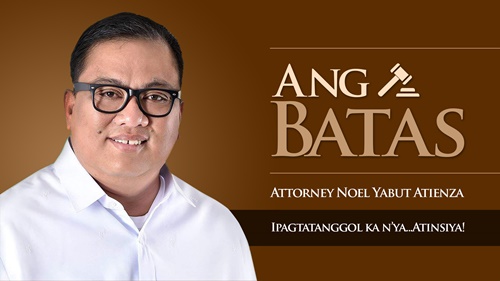Arbitrary detention is committed by any public officer or employee who, without legal grounds, detains a person.
THE ELEMENTS OF THE CRIME ARE:
1. That the offender is a public officer or employee.
2. That he detains a person.
3. That the detention is without legal grounds
Detention is the act of retaining a person or property. Illegal detention is the unjustifiable imprisonment or the unlawful deprivation of liberty of a person by way of arrest for a wrongful cause or suspicion and the continued restriction of personal freedom by retaining such person in custody.
Detention may be illegal without being arbitrary and vice-versa. Illegality simply means that the law has not been complied with, whereas arbitrary refers to the inappropriate, unjust, unforeseeable or disproportionate nature of the detention.
The commission of a crime, or violent insanity or any other ailment requiring the compulsory confinement of the patient in a hospital, shall be considered legal grounds for detention of any person.
Kidnapping and serious illegal detention. — Any private individual who shall kidnap or detain another, or in any other manner deprive him of his liberty, shall suffer the penalty of reclusion perpetua to death:
1. If the kidnapping or detention shall have lasted more than five days
DISTINCTION BETWEEN ARBITRARY DETENTION AND ILLEGAL DETENTION
1. In arbitrary detention –The principal offender must be a public officer. Civilians cannot commit the crime of arbitrary detention except when they conspire with a public officer committing this crime ,or become an accomplice or accessory to the crime committed by the public officer; and The offender who is a public officer has a duty which carries with it the authority to detain person.
2.In illegal detention –The principal offender is a private person. But a public officer can commit the crime of illegal detention when he is acting in a private capacity or beyond the scope of his official duty, or when he becomes an accomplice or accessory to the crime committed by private person.
The offender, even if he is a public officer, does not include as his function the power to arrest and detain a person, unless he conspires with a public officer committing arbitrary detention.
Whether the crime is arbitrary detention or illegal detention, it is necessary that there must be an actual restraint of liberty of the offended party. If there is no actual restraint, as the offended party may still go to the place where he wants to go, even though there have been warnings, the crime of arbitrary detention or illegal detention is not committed.
There is either grave or light threat. However, if the victim is under guard in his movement such that there is still restraint of liberty, then the crime of either arbitrary or illegal detention is still committed.
CASE NO 1
A janitor at the Quezon City Hall was assigned in cleaning the men’s room. One day, he noticed a fellow urinating so carelessly that instead of urinating at the bowl, he was actually urinating partly on the floor. The janitor resented this. He stepped out of the men’s room and locked the same.
He left. The fellow was able to come out only after several hours when people from the outside forcibly opened the door. Is the janitor liable for arbitrary detention?
No. Even if he is a public officer, he is not permitted by his official function to arrest and detain persons. Therefore, he is guilty only of illegal detention. While the offender is a public officer, his duty does not include the authority to make arrest; hence, the crime committed is illegal detention.
CASE NO. 2
A municipal treasurer has been courting his secretary. However, the latter always turned him down.
Thereafter, she tried to avoid him. One afternoon, the municipal treasurer locked the secretary inside their office until she started crying. The treasurer opened the door and allowed her to go home.
What crime was committed? Illegal detention. This is because the municipal treasurer has no authority to detain a person although he is a public officer.

